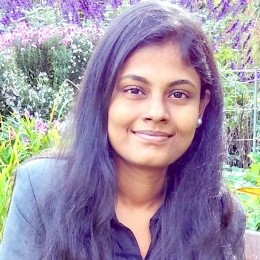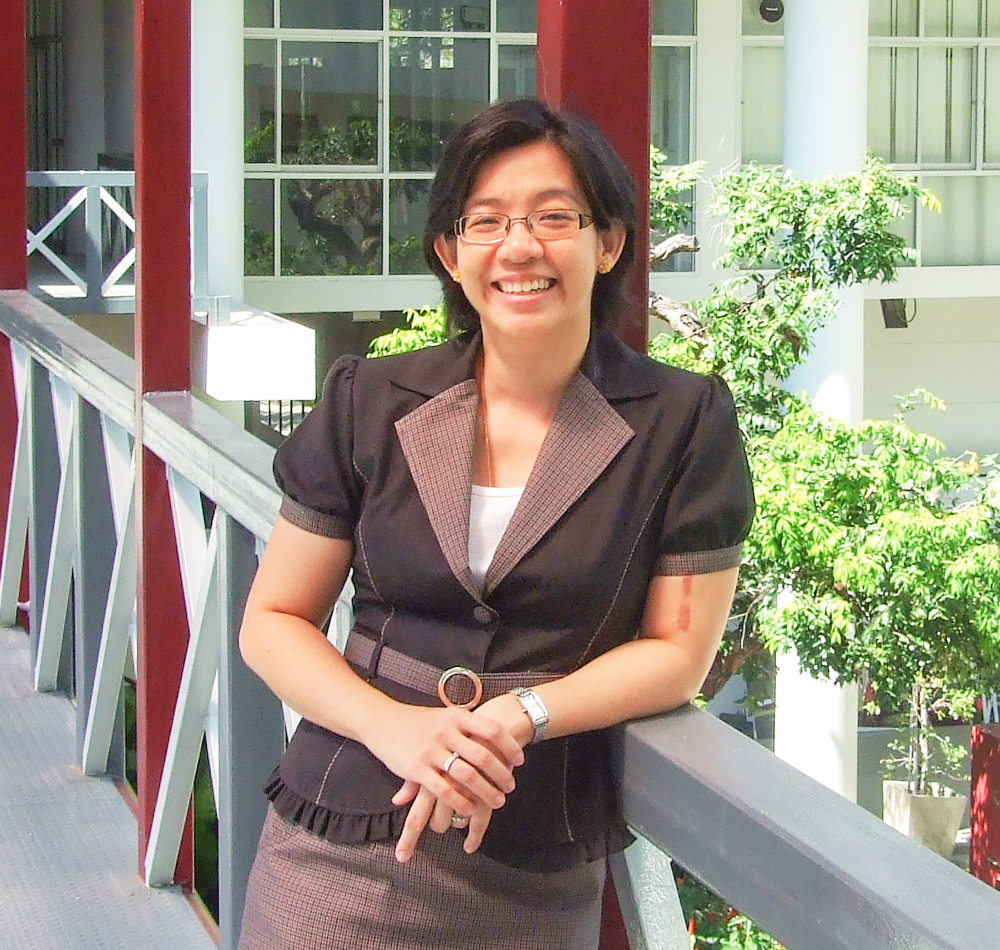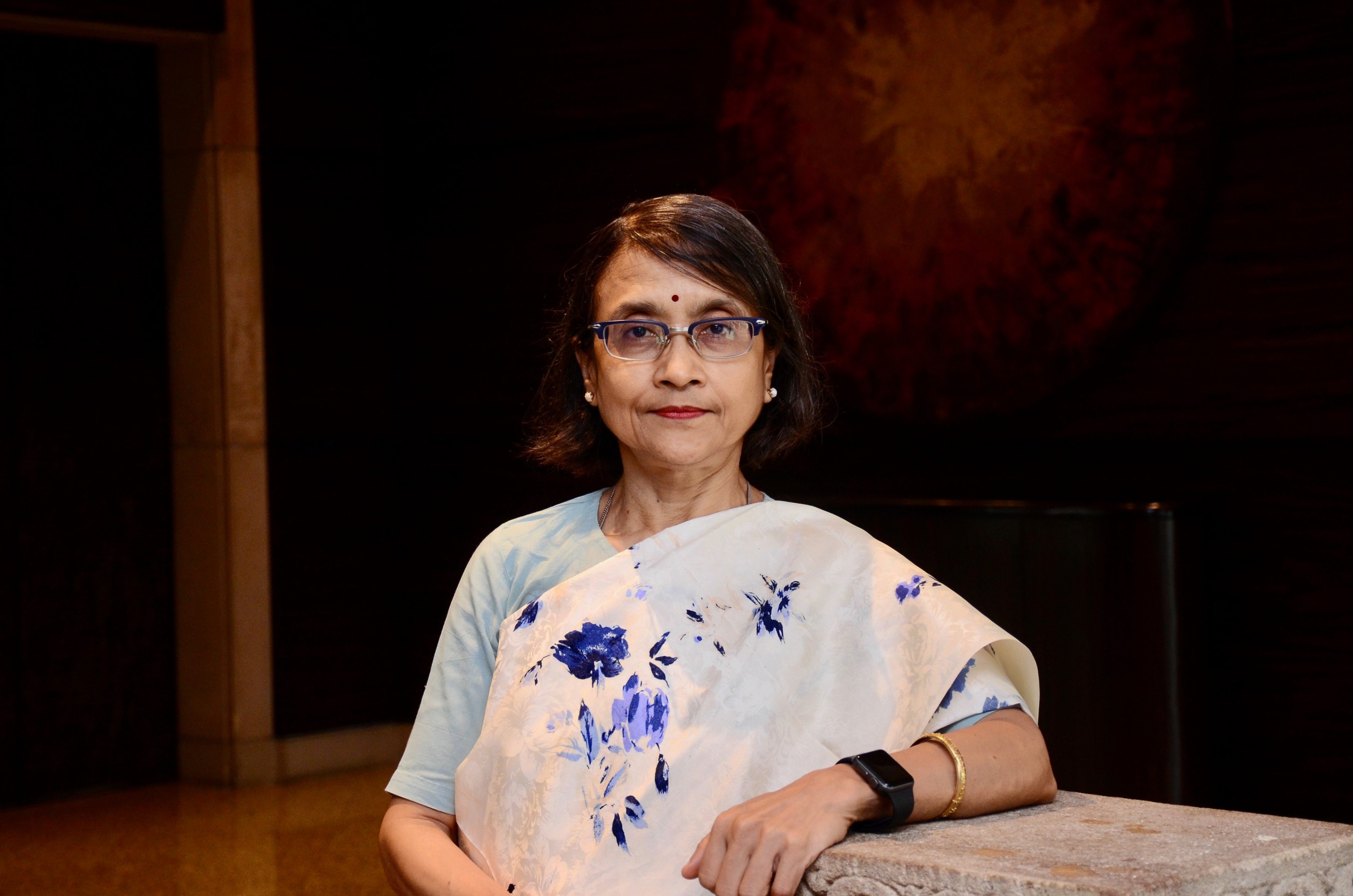IEEE CIS Workshop on Women in Artificial Intelligence
This event is for the organization of the workshop on “Women in Artificial Intelligence” under the auspices of the IEEE CIS Chapter, IIT Indore, MP Section. This workshop aims to empower and support women in the field of artificial intelligence (AI) while providing opportunities to help them succeed and thrive in this industry. The primary objectives of the workshop include the following:
- Empowerment: Empower women by providing them with the skills, knowledge, and resources necessary to succeed in AI. This may include technical skills, leadership development, and networking opportunities.
- Awareness and Advocacy: Increase understanding and awareness of artificial intelligence concepts, technologies, and applications among participants.
- Networking: Provide a platform to connect with peers, mentors, and leaders in the AI community. Networking can be a powerful tool for career development.
Date and Time
Location
Hosts
Registration
-
 Add Event to Calendar
Add Event to Calendar
- Contact Event Host
-
Founding Chairman, IEEE MP Section - CIS Chapter
- Co-sponsored by Dr. M. Tanveer
Speakers
 Prof. Vaanathi Sundaresan of Indian Institute of Science, Bangalore
Prof. Vaanathi Sundaresan of Indian Institute of Science, Bangalore
My Journey in AI for Medical Opportunities
The talk will provide an overview of application of artificial intelligence (AI) for identifying medical imaging biomarkers for precision
medicine. This includes the speakers’ experience with development of AI models for accurate automated segmentation of pathological findings in medical imaging modalities and analysis of their clinical impact at the population-level. Another key discussion point of the talk will be to improve the robustness of the deep learning tools by tackling various practical challenges in the AI-based tool development such as limited availability of manually labelled data for training, domain shift in the data acquired from different centres and lack of variability in the low data regimes. Future opportunities of the research include for the detection of anomalies (abnormalities) using multiple diverse imaging modalities, and their classification and quantification.
Biography:
Vaanathi Sundaresan is an Assistant Professor at the Department of Computational and Data Sciences (CDS) , Indian Institute of Science (IISc), Bangalore. She is the convenor of Biomedical image Analysis (BioMedIA) laboratory at CDS, IISc. Prior to this, she was working as a postdoctoral research fellow at Athinoula A. Martinos Centre , Department of Radiology, Harvard Medical School and Massachusetts General Hospital. She received her doctorate degree at FMRIB, Wellcome Centre for Integrative Neuroimaging (WIN), University of Oxford.
Email:
Address:Indian Institute of Science, , Bangalore, India
 Prof. Sansanee Auephanwiriyakul of Chiang Mai University, Thailand
Prof. Sansanee Auephanwiriyakul of Chiang Mai University, Thailand
Fuzzy Pattern Recognition in Data Analysis
Data Analysis is a process to analyze data in terms of representing, describing, evaluating, interpreting the data using statistical methods. Data can come in the form of statistical representation or a vector of numbers in which numeric pattern recognition algorithms can deal with this type of data set. Another type of data can be in the form of syntactic data. For this type of data set, there is another research branch in pattern recognition called syntactic pattern recognition that is able to analyze it. Each sample in syntactic data set is normally represented as a string. The strings in the same data set can have different lengths. Also, the string does not have any mathematical meaning that we can calculate as if they are vectors of numbers.
One of the popular theories used in data analysis is Fuzzy set theory, an extension of the classical set introduced by Lotfi Zadeh in 1965. Since then, there are many theories and applications developed based on Fuzzy set theory. In this talk, there are three parts on the utilization of the Fuzzy pattern recognition in data analysis. First, we will show how to develop a fuzzy algorithm in a decision making when the data are a collection of fuzzy vectors (a vector of fuzzy numbers). Another is how to incorporate the Fuzzy set theory into a set of feature generation in the classification problem. The last part of the talk is how to incorporate the Fuzzy set theory into string grammar pattern recognition. All
algorithms in this talk are developed at Computational Intelligence Research Laboratory, Chiang Mai University. In each part of the talk, we will show applications of these algorithms in several real-world problems, e.g., sign language translation system, face recognition, health applications and person identification.
Biography:
Sansanee Auephanwiriyakul (S’98–M’01–SM’09) received the B.Eng. (Hons.) degree in electrical engineering from the Chiang Mai University, Thailand (1993), the M.S. degree in electrical and computer engineering and Ph.D. degree in computer engineering and computer science, both from the University of Missouri, Columbia, in 1996, and 2000, respectively. After receiving her Ph.D. degree, she worked as a post doctoral fellow at the Computational Intelligence Laboratory, University of Missouri- Columbia. She is currently an Associate Professor in the
Department of Computer Engineering and a deputy director of the Biomedical Engineering Institute, Chiang Mai University, Thailand. Dr. Auephanwiriyakul is a senior member of the Institute of Electrical and Electronics Engineers (IEEE). She is an Associate Editor of the IEEE Transactions on Fuzzy System, the IEEE Transactions on Neural Networks and Learning Systems, IEEE Computational Intelligence Magazine, IEEE Transactions on Artificial Intelligence, Engineering Applications of Artificial Intelligence, and ECTI Transactions on Computer and Information Technology. She was a general chair of the IEEE International Conference on Computational Intelligence in Bioinformatics and Computational Biology (CIBCB 2016). She will be a general chair of the IEEE World Congress on Computational Intelligence (WCCI) 2024 (IEEE International Conference on Fuzzy Systems 2024). She was a Technical Program Chair, Organizing Committee in several major conferences including the IEEE International, Conference Fuzzy Systems. She is also a member of several important IEEE CIS technical committees.
Email:
Address:Chiang Mai University , 239 Huay Kaew Road Muang District, Chiang Mai, Thailand, 50200
 Prof. Sushmita Mitra of Indian Statistical Institute, Kolkata
Prof. Sushmita Mitra of Indian Statistical Institute, Kolkata
To be updated later.
The talk focuses on the role of Artificial intelligence, particularly machine learning and deep learning, in the domain of healthcare. We cover the topics of radiomics, genomics, radiogenomics, histomics, before proceeding to describe some of the research on this by our group. We deal with detection, segmentation and survival analysis in brain tumors from MRI, early detection of diabetic retinopathy from fundus images of the eye, and detection of COVID-19 from X-ray images of the lung.
Biography:
Sushmita Mitra is a full professor at the Machine Intelligence Unit (MIU), Indian Statistical Institute, Kolkata. From 1992 to 1994 she was in the RWTH, Aachen, Germany as a DAAD Fellow. She was a Visiting Professor in the Computer Science Departments of the University of Alberta, Edmonton, Canada; Meiji University, Japan; and Aalborg University Esbjerg, Denmark. Dr. Mitra received the National Talent Search Scholarship (1978-1983) from NCERT, India, the University Gold Medal in 1988, the IEEE TNN Outstanding Paper Award in 1994 for her pioneering work in neuro-fuzzy computing, the CIMPA-INRIA-UNESCO Fellowship in 1996, and Fulbright-Nehru Senior Research Fellowship in 2018-2020. She was the INAE Chair Professor during 2018-2020. Dr. Mitra has been awarded the prestigious J. C. Bose National Fellowship, 2021.
Dr. Mitra is the author of the books ``Neuro-Fuzzy Pattern Recognition: Methods in Soft Computing" and ``Data Mining: Multimedia, Soft Computing, and Bioinformatics" published by John Wiley, and ``Introduction to Machine Learning and Bioinformatics", Chapman & Hall/CRC Press, beside a host of other edited books. Dr. Mitra has guest edited special issues of several journals, is an Associate Editor of ``IEEE/ACM Trans. on Computational Biology and Bioinformatics", ``Information Sciences", ``Fundamenta Informatica", ``Computers in Biology and Medicine", SN Computer Sciences and is a Founding Associate Editor of ``Wiley Interdisciplinary Reviews: Data Mining and Knowledge Discovery (WIRE DMKD)". She has more than 150 research publications in referred international journals. According to the Stanford List, Dr. Mitra is ranked among the top 2% scientists worldwide in the domain of Artificial Intelligence and Image Processing.
Dr. Mitra is a Fellow of the IEEE, The World Academy of Sciences (TWAS), Indian National Science Academy (INSA), International Association for Pattern Recognition (IAPR), Asia-Pacific Artificial Intelligence Association (AAIA), and Fellow of the Indian National Academy of Engineering (INAE) and The National Academy of Sciences, India (NASI). She serves as a Member of the Inter-Academy Panel for Women in STEMM. She has visited more than 30 countries as a Plenary/Invited Speaker or an academic visitor. She served in the capacity of General Chair, Program Chair, Tutorial Chair, of many international conferences; was the Chair, IEEE Kolkata Section (2021-2022) and an IEEE CIS Distinguished Lecturer. Her current research interests include data science, machine learning, soft computing, medical image processing, and Bioinformatics.
Email:
Address:Indian Statistical Institute, , Kolkata, India, 700108
Agenda
- The formal inauguration of IEEE MP Section CIS Chapter.
- Talk by Keynote Speakers.
- Oral/Poster presentations.
Media
| Report File | 3.71 MiB |

